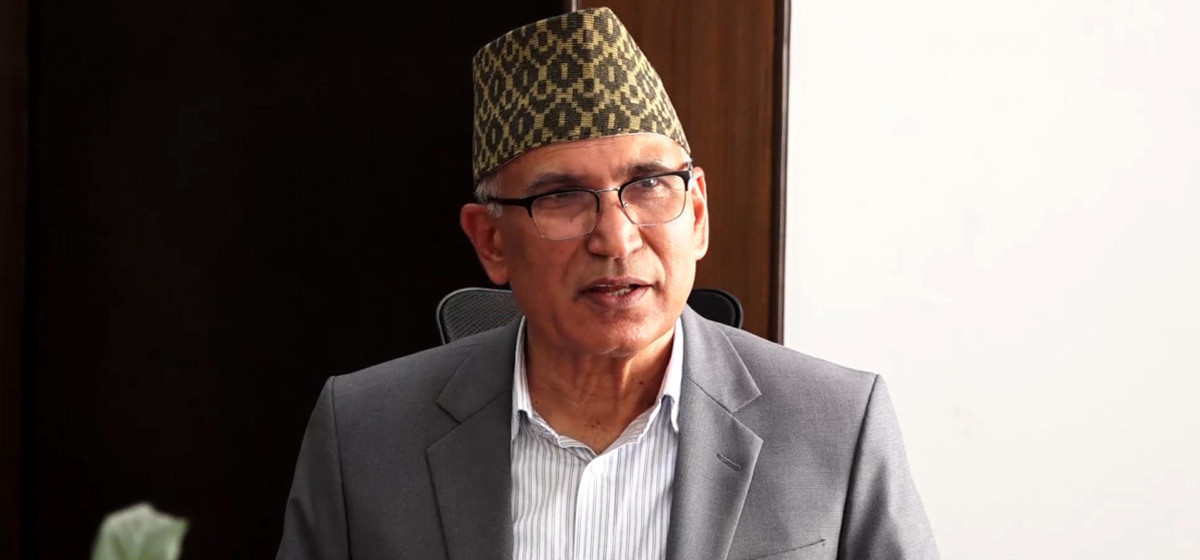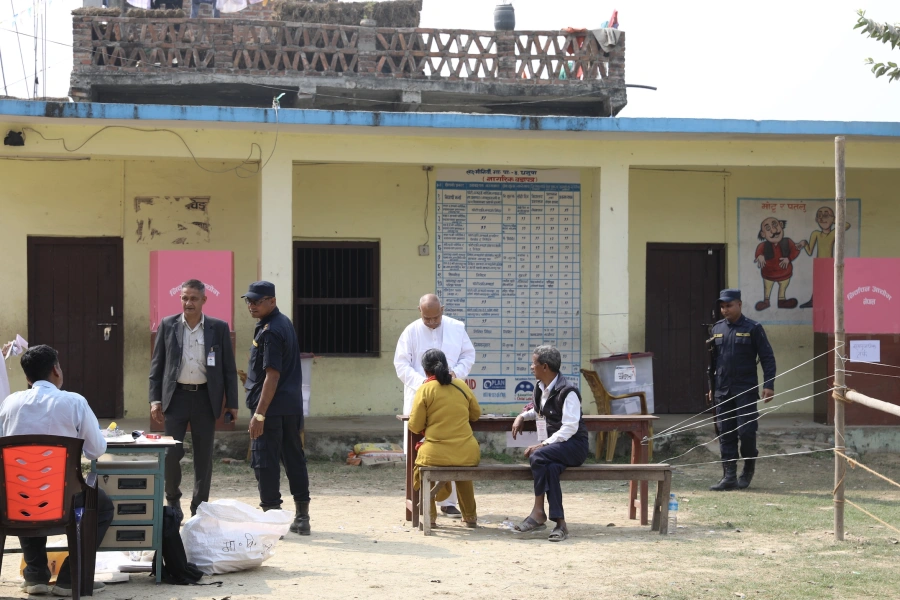KATHMANDU, Jun 1: Finance Minister Bishnu Prasad Paudel has reiterated his commitment to the effective implementation of the annual budget for the next fiscal year, amid concerns from stakeholders, including the private sector, regarding the government’s capacity to execute the budget provisions.
Speaking at a program in the capital on Saturday, Paudel stated that the government has prepared its financial plans for FY 2025/26 by identifying revenue sources to finance expenditures. “The revenue projections have been made more realistic,” he said, adding that the sources were chosen with consideration for the country’s capacity to repay public debt.
For the upcoming fiscal year, the government aims to collect Rs 1.315 trillion in tax revenue by imposing taxes under 700 different headings. Including revenue collection at the sub-national level, the total tax revenue projection stands at Rs 1.480 trillion.
Budget focuses on effective utilization of resources: FinMin Pa...

Paudel said the budget has attempted to maintain a balance in recurrent expenditure by introducing policy corrections focused on resource efficiency and austerity. Measures include setting an expense standard of Rs 30 million for central-level projects, mobilizing alternative development finance, improving project management, and reforming procurement procedures.
In recent years, the government has increasingly relied on domestic borrowing due to sluggish revenue collection and a decline in foreign assistance. In the current fiscal year, the government had targeted Rs 52.32 billion in grants but has received only Rs 16.61 billion (31.74 percent) in the first 11 months. Experts warn that grant inflows may decline further in the coming years due to revised aid policies by the USA and European Union.
Similarly, the government mobilized only Rs 89.68 billion in foreign loans out of a targeted Rs 217 billion in the same period, according to the Public Debt Management Office.
The upcoming budget outlines plans to strengthen project monitoring, particularly for those exceeding Rs 250 million, using a national dashboard. It also proposes capping federal grants to local governments at 50 percent of project costs, controlling contingency and consultancy expenses, and improving public service delivery. “Given the potential shortfall in revenue, the government has also prioritized private sector investment,” said Paudel.
Ramesh Paudel, a former member of the National Planning Commission (NPC), criticized the government’s mechanism for monitoring recurrent expenditure. “Unless the existing system is improved, effective budget implementation will remain elusive,” he said, urging the NPC, Ministry of Finance, and line ministries to play more active roles in curbing unproductive government spending.



-69a940c05c766-1772700256.webp)
































